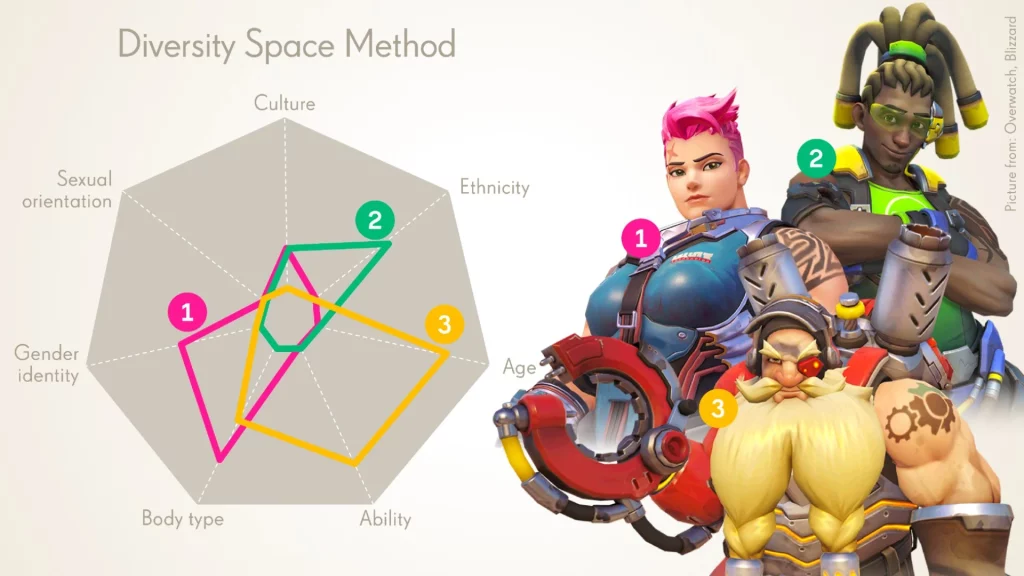
According to Sut Jhally, who directed the documentary “Reel Bad Arabs: How Hollywood Vilifies a People,” between years 1896 and 2000, there are 936 negative depictions of Arab and Muslim characters within 1000 different films. Negative representation in media is not a new concept, and it continues to this day. While progress has been made to combat negative stereotypes, token characters are not the answer.
Growing up as both Arab and Muslim in a Western society, most of my peers were very ignorant about my culture and beliefs. Many even thought that being Arab and Muslim are the same thing, since Hollywood often clumps the two together. When one of my friends learned I’m Muslim, he said “wait, aren’t you supposed to kill me?” and he was serious.
Consistent negative portrayals of specific people will result in the audience believing these stereotypes to be universal truths. It’s not just Arab and Muslim characters that have suffered from negative representation in media. Characters from various backgrounds and identities have been subjected to harmful stereotypes and one-dimensional portrayals.
Activision Blizzard’s recent diversity tool sparked controversy as it encouraged its writers to create characters based on specific demographics, such as gender, ethnicity, and sexual orientation. While the intention of the tool was to promote diversity, it ultimately resulted in creating token characters that lacked personality, development, and authenticity. Such characters often came across as stereotypes, caricatures or lacked any other character traits rather than relatable and multifaceted individuals.

This highlights a growing problem in modern media where diversity is often viewed as simply checking off boxes rather than creating genuine representation. In reality, token characters do more harm than good, as they fail to accurately represent the groups they are meant to represent and often result in alienation, marginalization, and limitations in storytelling.
Instead of relying on tokenism, writers and creators should focus on creating well-rounded characters that reflect the diversity of the world we live in. In upcoming articles, we will delve deeper into how to write characters that are more relatable and avoid falling into the trap of tokenism.
Here are five reasons why token characters are not the answer:
- Lack of Personality and Character Development: Token characters lack personality, character development, and relatability. They feel inauthentic, as if they were added solely to tick boxes on a list for diversity. This becomes a distraction to the audience and results in characters that no one can relate to. You can learn more by reading my article about personality types.
- Lack of Relatability: Token characters don’t truly represent the identity or social group they are supposed to represent. They are often stereotypes or caricatures, lacking depth, personality, and agency. So not only do the characters become unrelatable to the people they are supposed to represent, but they are even more unrelatable to everyone else.
- Alienation: Token characters can alienate readers who identify with the social group they are supposed to represent, as they may feel that the representation is not authentic or accurate. This can lead to a loss of trust and can prevent the audience from engaging with the story. For example, if a Muslim character inaccurately describes an aspect of Islam, that will create a disconnect with the Muslim audience.
- Marginalization: Token characters can also marginalize the very people they are supposed to represent. By reducing a character to a single trait or identity, the character becomes less relatable and less able to connect with readers on a deeper level. This can perpetuate stereotypes and hurtful tropes about that social group.
- Limitations: Token characters can also limit the storytelling possibilities of a narrative. By reducing characters to single-dimensional representations of a particular identity or social group, it can limit the story’s ability to explore different perspectives and experiences. This can ultimately result in a less compelling story that lacks depth and complexity.
In conclusion, token characters may seem like a quick and easy solution to the problem of representation in media, but they ultimately do more harm than good. They lack depth, personality, and relatability, and can alienate and marginalize the very people they are supposed to represent. Instead, writers should strive to create well-rounded and fully realized characters who are more than just a single identity or social group. In the upcoming articles, we’ll delve deeper into how to create characters who are relatable and engaging, and explore different strategies for crafting characters who are more than just token representations.
And if you’re a fan of cyber worlds and 2D platformers, then you’ll definitely want to check out Beware. It takes place in a futuristic cyber world and gameplay is inspired by classic platformers like Donkey Kong Country. Beware is a challenging game that will keep you on your toes. If you’re interested in checking out Beware, be sure to add it to your Steam wishlist today. You’ll be the first to know when the game is released, and you’ll also receive updates on any special promotions or discounts.
